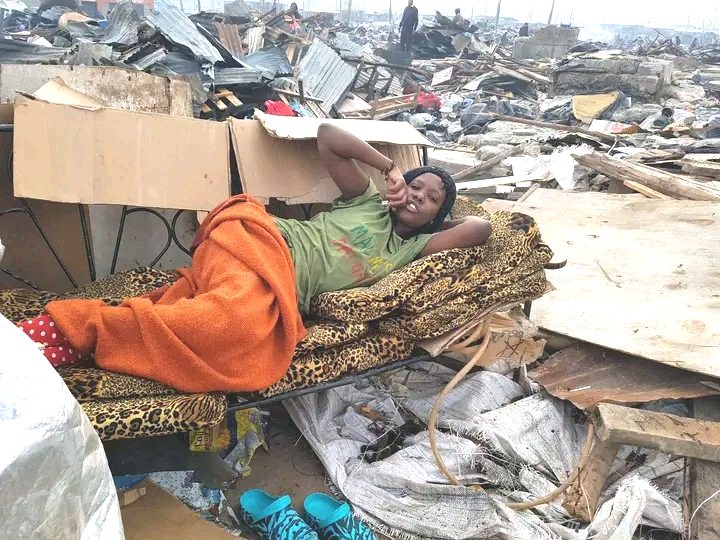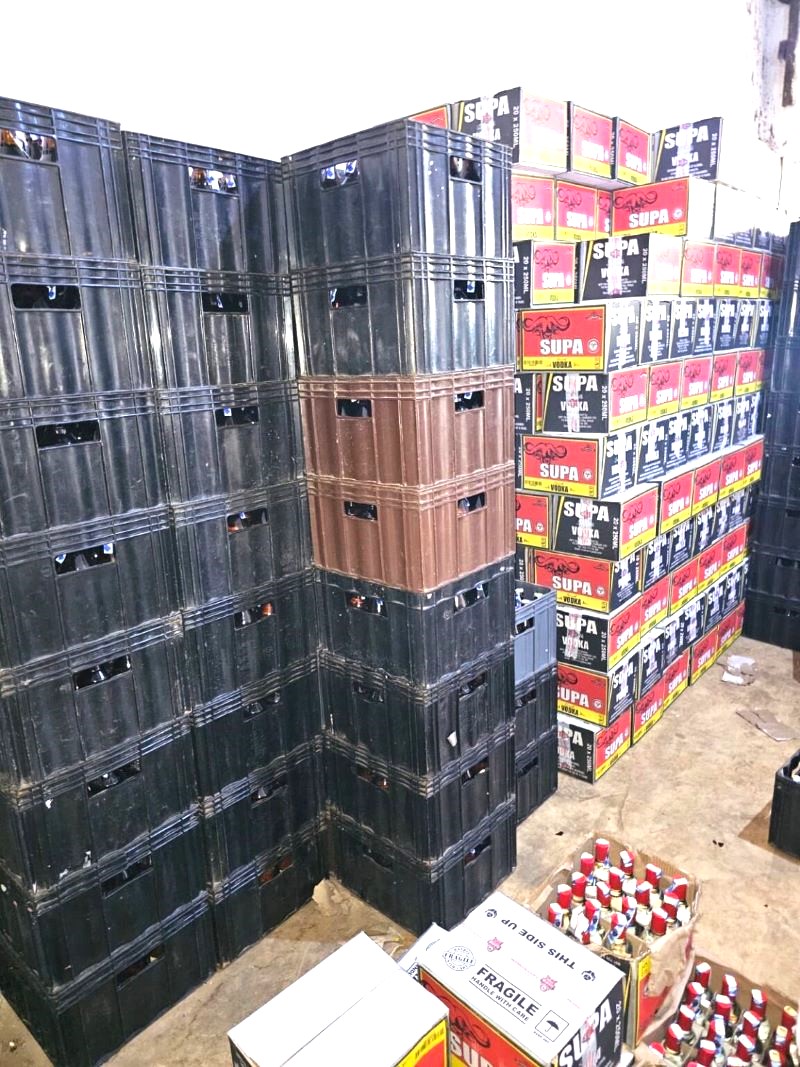The education of thousands of learners in informal schools across various settlements in Nairobi County could be in jeopardy unless the Government allows the return of families to shanties destroyed by floods once the waters subside.
Victims of the floods in the various slums in Nairobi including Mathare, Mukuru Kwa Njenga and Mukuru Kayaba, stakeholders said will also require emergency assistance to rebuild the shelters, get basic household items and to return their children to school.
A spokesperson of the investors in the informal schools Dominic Nyakako said thousands of learners in the institutions had lost both their schools and necessities such as books apart from being displaced and scattered all over Nairobi.
‘’Unless the Government and the private sector intervenes to have the children who learn in informal schools resume their studies, there are bound to abandon learning all together because the schools can only be rebuild and reestablished in the informal settlement,’’ said Nyakako.
Parents and residents of the slums destroyed by floods in Nairobi and elsewhere, according to Nyakako had nowhere to go and the insistence by some leaders and experts that they should completely relocate would affect their livelihoods and the education of the children.
Most of the parents who enroll their children in informal schools, Nyakako revealed are poor and survive in some subsistence earnings hence they could not afford to relocate and also enroll their children in normal schools.
READ ALSO:
https://educationnews.co.ke/save-the-children-giving-second-chance-to-school-dropouts-in-turakana/#google_vignette
The Government and the private sector Nyakako said should not ignore learners in informal schools during the allocation of emergency funds and donations adding that the owners of the schools charged minimum levies to ensure that the children enjoyed their right to education.
In the wake of displacements which came with mental health issues, Nyakako said operators of the informal schools had started a Whatsapp group to encourage parents, leaders and those generally affected by floods through positive messages of hope.
The group was also working with some professional counselling psychologists to offer talks to the displaced and especially children and women some who have showing signs of emotional instability after losing all their belongings in the floods.

Nyakako said although some assistance was flowing it was too little for many including children who had been left as orphans after their parents drowned.
The destruction of the schools comes amid unanswered past appeals for equipment to ensure the same could provide basic technical and vocational skills to learners patronizing them.
Former Policy Director at the Ministry of Education Onesmus Kiminza has in the past persistently but without success suggested that the informal schools be equipped instead of being closed down as some politicians in Nairobi had suggested.
‘’These institutions should be equipped to provide basic technical skills to the often children learners from poor families who patronize them,’’ Kiminza said during a past interview.
The retired education policy expert played a major role in creating of rules and regulations to govern the institutions under the Alternative Provision of Basic Education and Training (APBET).
Learners in the schools, the scholar said needed to be assist to acquire skills because they were protected under the law instead of being merged or closed as suggested by legislators in Nairobi led by Beatrice Elachi.
By our reporter
To write to us or offer feedback, you can reach us at: editor@educationnews.co.ke
You can also follow our social media pages on Twitter: Education News KE and Facebook: Education News Newspaper for timely updates.
>>> Click here to stay up-to-date with trending regional stories






